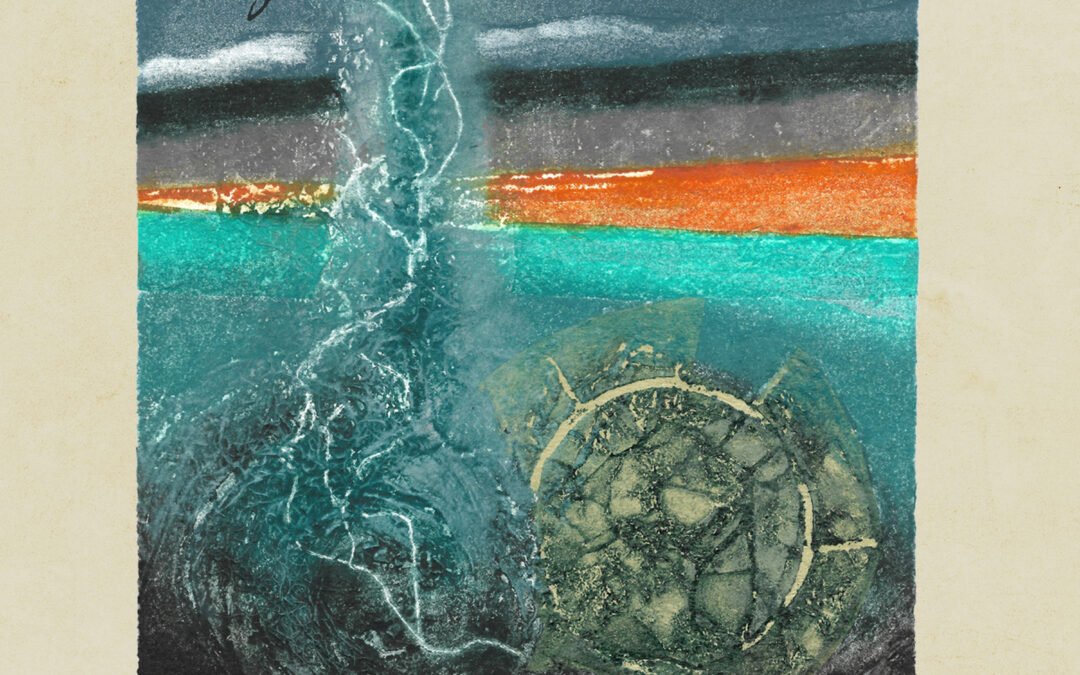The path above the dunes
Gemini with Clara Barbier Serrano soprano
Mètier MEX 77112
Music spanning about 46 composing years demonstrating a clarity of utterance and a high integrity is contained on this well-filled disc, beginning with The Same Day Dawns from 1974. This was previously recorded by Chandos with Jane Manning and by Gemini in 1980, under the composer’s direction.
It is quite a luxury for a contemporary composer to have two recorded interpretations of a single work, especially as they are over forty years apart. It is well-deserved as this is an especially moving work. Subtitled ‘Fragments from the Book of Songs’, the cycle consists of 17 aphoristic poems of few lines (printed in a random order in the booklet). The words are from various oriental poems, mostly about the natural world, the whole lasting twenty minutes, and scored for soprano and five instruments. It has a special atmosphere, mostly slow and mysterious, but its style of vocal writing is very set into its 1970s ambiance with its feeling of pointillism.
What makes this disc especially important are the three other chamber works which follow.
The Piano Trio (2003) begins with piano ‘twitterings’ against high harmonics and tremolandi. At just after halfway the natural world is then tossed away in the turbulence of a violent emotional disturbance. Then the opening returns amidst an evocative counterpoint of great beauty, which slides into nothingness.
The Sextet, – a wild garden- fásach (1996) is for two woodwind instruments, two strings, percussion and piano. Like the Piano Trio it lasts almost twenty minutes, and this instrumentation offers Lefanu, as she admits in the excellent booklet, a fascinating opportunity to investigate a variety of colours, using the instruments either in solo recitatives or duos, or in a larger groupings with sections divided up almost by wild percussion interjections. I started to listen before I read the notes and immediately felt close the natural world and, indeed, the music was inspired by Ireland’s Connemara coast and Le Fanu’s cousin’s wild garden.
The last work is the dramatic scena The Moth-Ghost with a text by James Harpur. It concerns the sea goddess Thetis as she mourns for her son. The turbulent, virtuoso piano part is informed by sea images, but as can often happen in dramatic song settings like this, the piano tends to dominate, and the vocal part takes a more secondary and less striking role.
The performances and the recording is of the highest quality and the composer must have been thrilled. If you don’t know Lefanu’s music this would be a good place to begin.
Review by Gary Higginson

